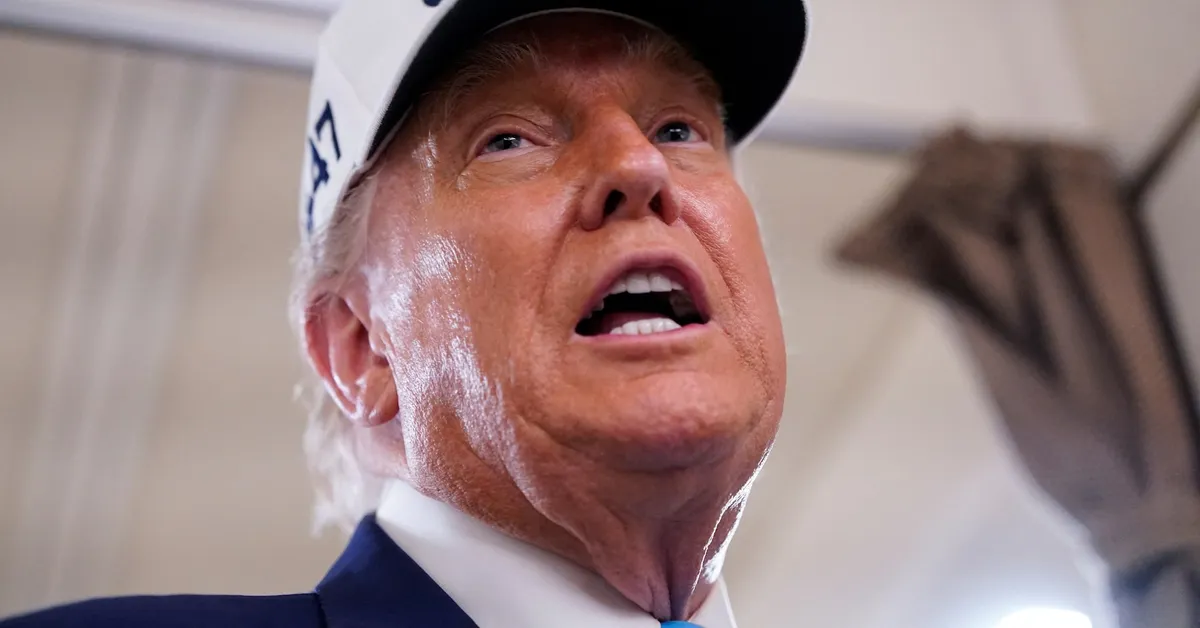
On June 8, 2023, at precisely 12:01 AM ET (0401 GMT), U.S. President Donald Trump announced a controversial travel ban prohibiting citizens from 12 specific countries from entering the United States. This measure is part of Trump's ongoing efforts to enhance national security and protect the nation from potential threats posed by foreign terrorists.
The travel ban directly impacts individuals from the following countries: Afghanistan, Myanmar, Chad, Republic of the Congo, Equatorial Guinea, Eritrea, Haiti, Iran, Libya, Somalia, Sudan, and Yemen. In addition, the entry of individuals from seven other nations—Burundi, Cuba, Laos, Sierra Leone, Togo, Turkmenistan, and Venezuela—will face partial restrictions.
President Trump, a member of the Republican Party, stated that the countries subjected to the most stringent restrictions were identified for harboring a significant presence of terrorists. These countries reportedly fail to meet essential standards for visa security, lack the capability to verify the identities of travelers, and maintain inadequate records of criminal histories along with high rates of visa overstays in the United States.
An incident in Boulder, Colorado, where an Egyptian national allegedly attacked pro-Israel demonstrators with a gasoline bomb, was cited by Trump as a pivotal reason for the implementation of these new travel restrictions. Notably, Egypt itself is not included in the travel ban list.
The announcement of the travel ban has elicited strong reactions from officials and residents in the affected nations. Chad's President, Mahamat Idriss Deby Itno, expressed his dismay, stating that his government would cease granting visas to U.S. citizens as a retaliatory measure. In a poignant Facebook post, he emphasized Chad's dignity and pride, contrasting it with nations like Qatar, which have made significant financial gestures to the U.S.
Afghan citizens who have collaborated with U.S. forces or U.S.-funded projects are particularly anxious about the implications of the travel ban. Many fear they may be forced to return to Afghanistan, where they could face severe repercussions from the Taliban.
Democratic lawmakers in the U.S. have also voiced their opposition to the travel ban. U.S. Representative Ro Khanna criticized the policy on social media, labeling it as draconian and unconstitutional, while underscoring the fundamental human right to seek asylum.
In summary, President Trump's travel ban affecting over a dozen countries has sparked significant controversy and concern, both domestically and internationally. As the situation unfolds, the implications for international relations and the rights of individuals seeking refuge in the United States remain a critical topic of discussion.